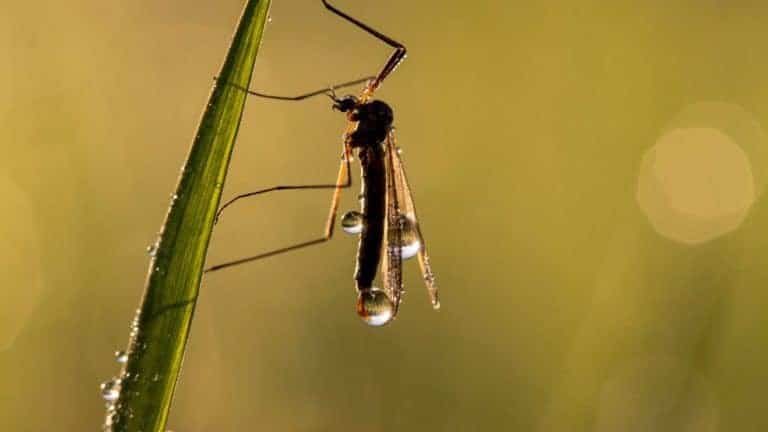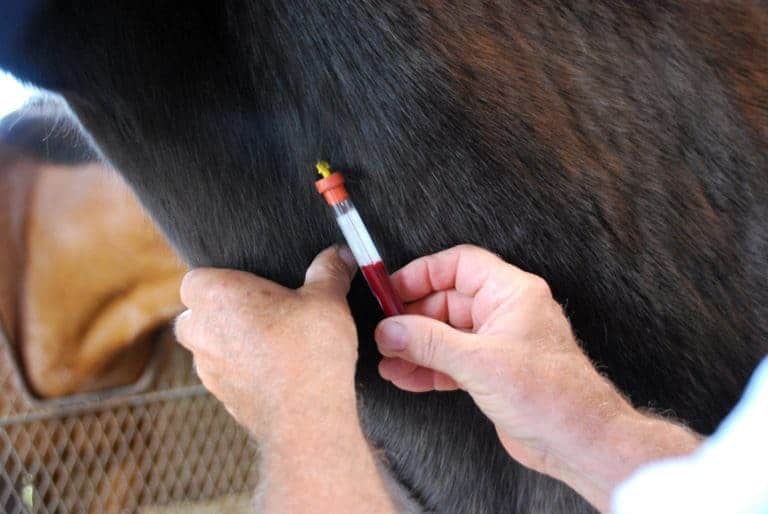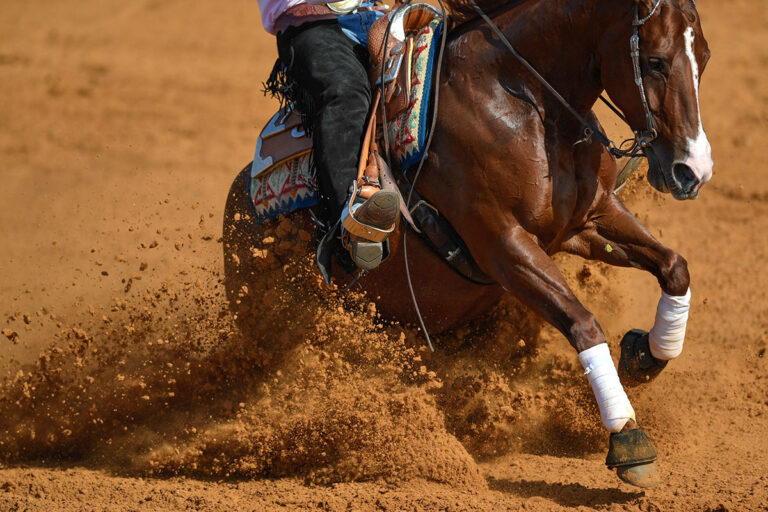USDA Vaccine Licensing
Any company trying to put a new vaccine on the market must follow a specific process to obtain a license from the USDA before the product can be used in the horse population. A vaccine receives either a conditional or full license after a series















